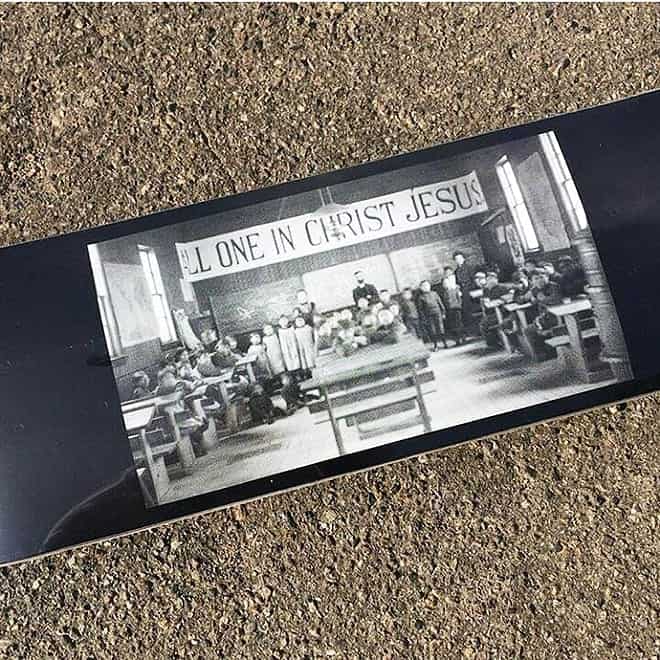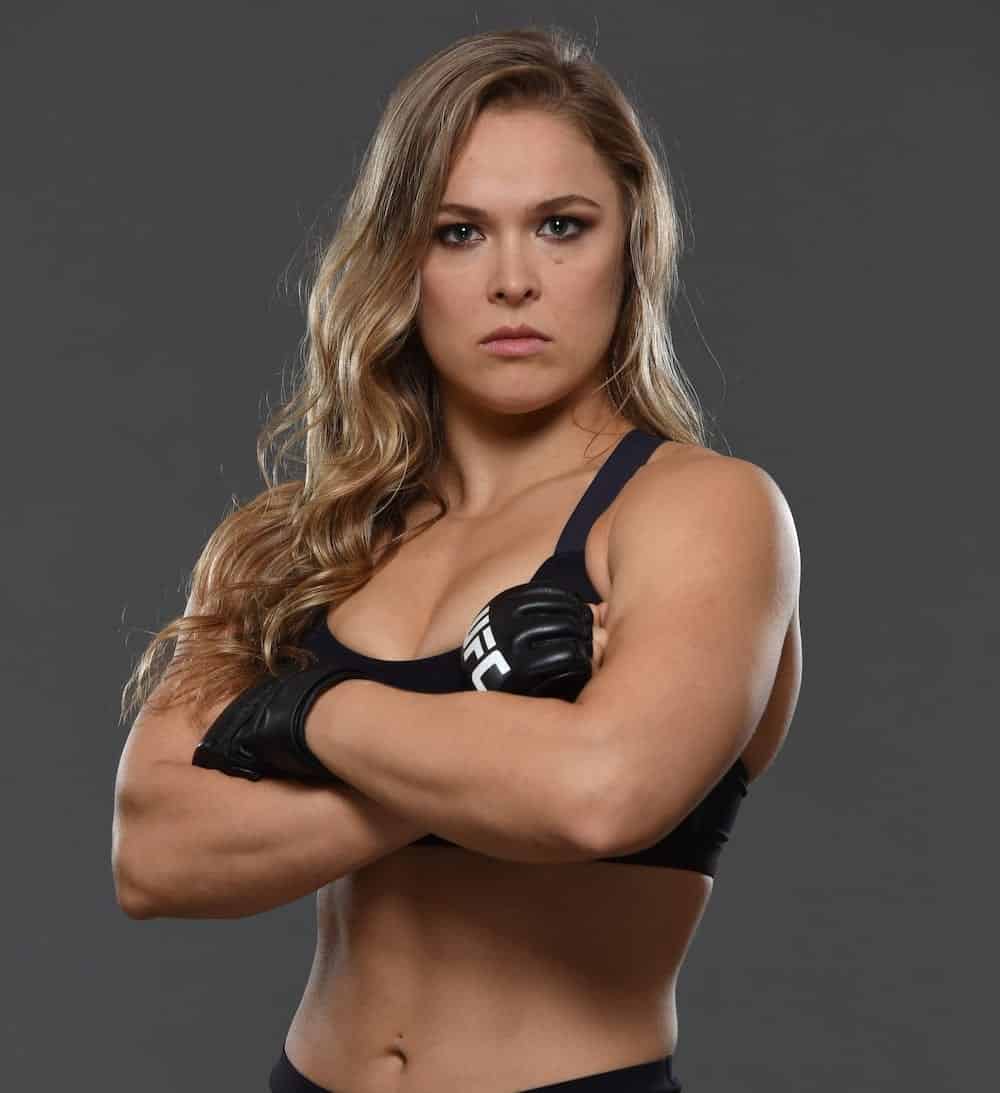Skating and educating


langan reuses residential school documents to educate young people about Canadian colonialism
by colonialism skateboards
Local man is looking to educate Canadian youth about the country’s dark history
Micheal Langan certainly wasn’t short on ideas when it came to naming his skateboard company earlier this year.
Not by a long shot.
“I was thinking of lots of different names — I kept on coming up with these names, then I’d decide against it,” the affable 33-year-old entrepreneur and long-time skateboarder says, laughing.
“Everyone always talks about how skateboarding is like poetry in motion, and how we’re poets at the same time when we skate. I was going to base it off something like that, but then I thought, ‘That sounds so cheesy, man,’ ” he adds with another laugh.
Ultimately, Langan, who was raised on the Cote First Nation near Kamsack, decided on Colonialism Skateboards.
After all, as the near-lifelong skateboarder points out, there weren’t already any skateboard companies that had anything to do with colonialism, or sharing history through graphics.
“I wanted the name to mean something,” says Langan, who is of Cree and Saulteaux descent. “Colonialism means a lot to this country. But a lot of people don’t understand the term and definition in relation to this country and First Nations.”
Beyond the name, Colonialism Skateboards, which went on the market earlier this year and are available at Tiki Room and across Western Canada and Oshawa, feature graphics relevant to the history of the Canadian state’s treatment of Indigenous people.
The historical details, Langan says, aren’t pretty. But his idea is to get the ball rolling for conversations about the topic.
Why is this such an important conversation, according to Langan?
“It’s so important to include that other side of our history,” he says.
“We all understand and we’ve all heard the history of, you know, ‘the great pioneers’ in the textbooks. We’ve all heard about that side of history. But there’s the other side of history that needs to be taught and needs to be understood. And that’s why I think it’s so important for future generations.”
Langan’s first fifty boards sold out in a matter of weeks, and he’s almost sold another fifty since then. The feedback, he says, has been great.
“I’ve gotten some really good positive feedback from some of the skateboarders who have picked up boards and gone skating,” Langan says. “One youth told me it was an ice-breaker to talk about that side of history. To have those facts that come with the board, to educate them on, say, the pass system or the residential school system, it allowed them to talk about that history with skateboarders and their family members about that history.”
When Langan is asked about the goals of Colonialism Skateboards, he doesn’t talk about sales and market shares.
“Goals? Education is the main purpose — educating the public on the shared history and culture of First Nations people. That’s the main purpose, but through skateboarding,” the long-time skater says, adding, “Education is definitely the main goal. And there’s still lots of history that I want to touch on with this company.”








